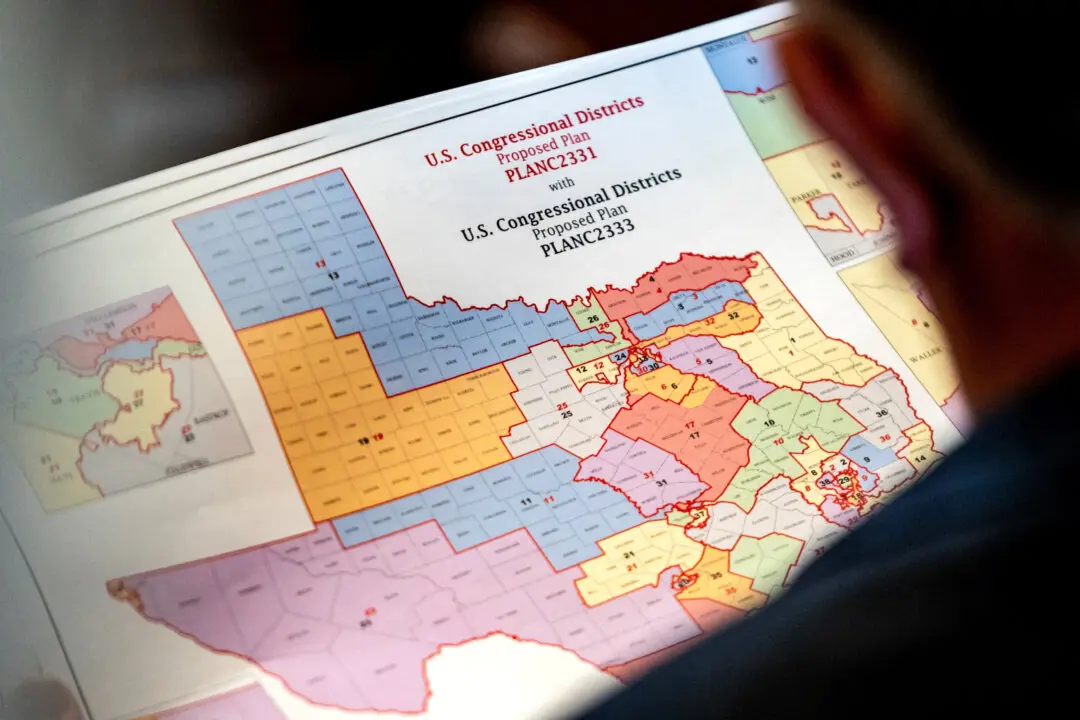The U.S. Department of the Interior’s Bureau of Land Management (BLM) released two significant decisions on June 28 that will have far-reaching implications for land use and development in Alaska.
Action taken by the BLM includes recommending the continued protection of 28 million acres of public lands that were set aside for conservation and subsistence under the Alaska Native Claims Settlement Act (ANCSA) and rejection of the controversial Ambler Road proposal, which would have included a 211-mile industrial access road through Alaskan land.





